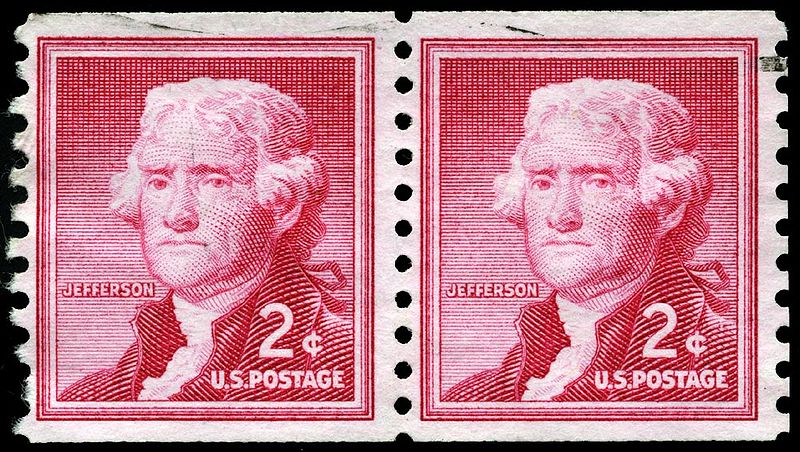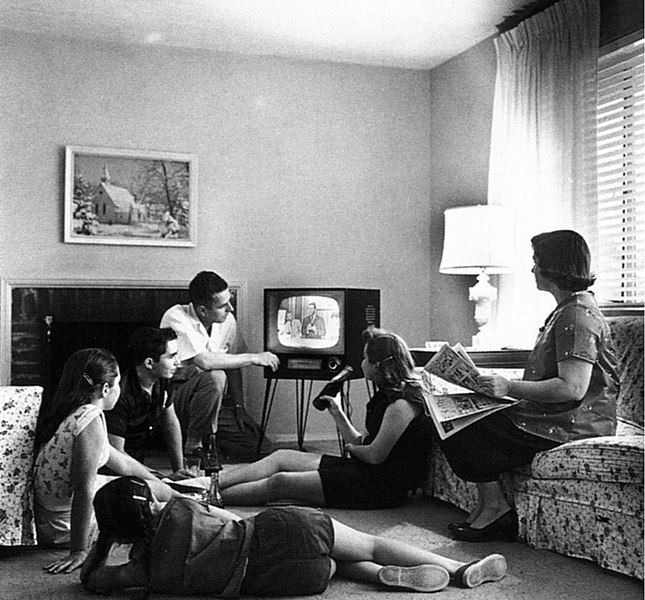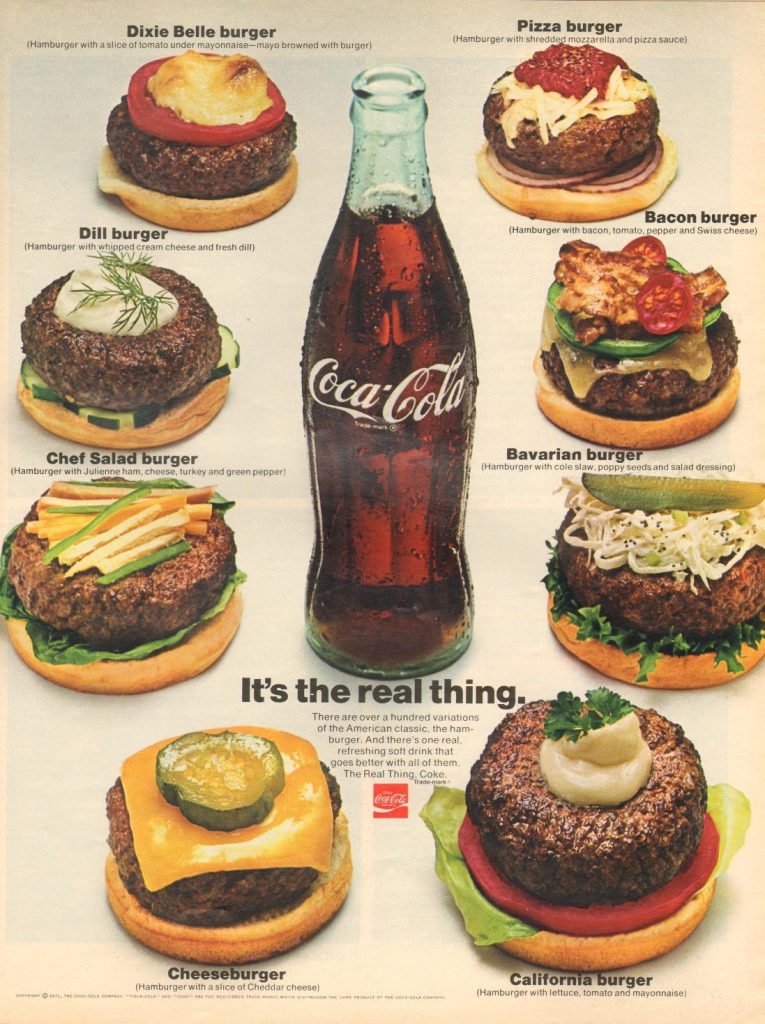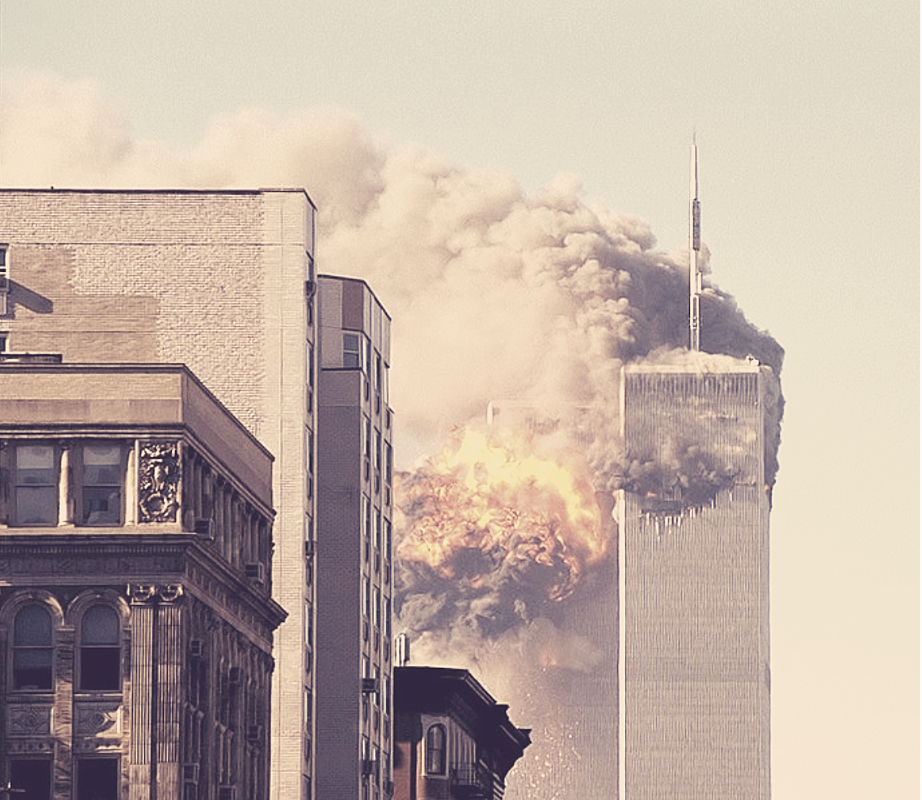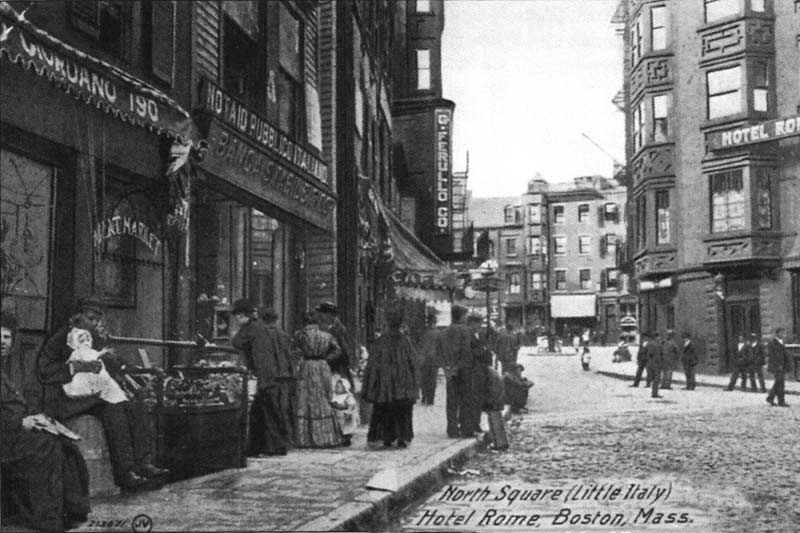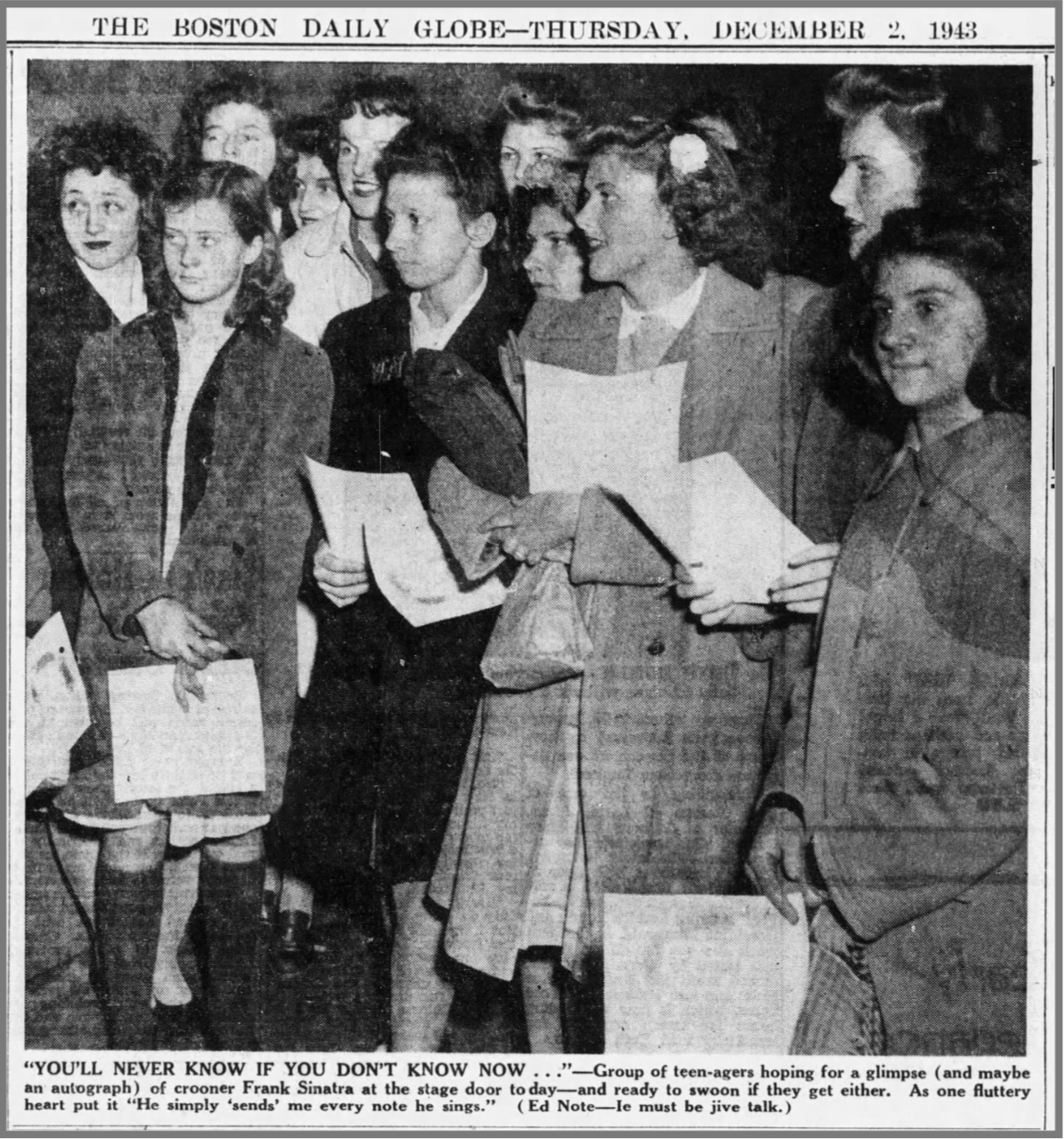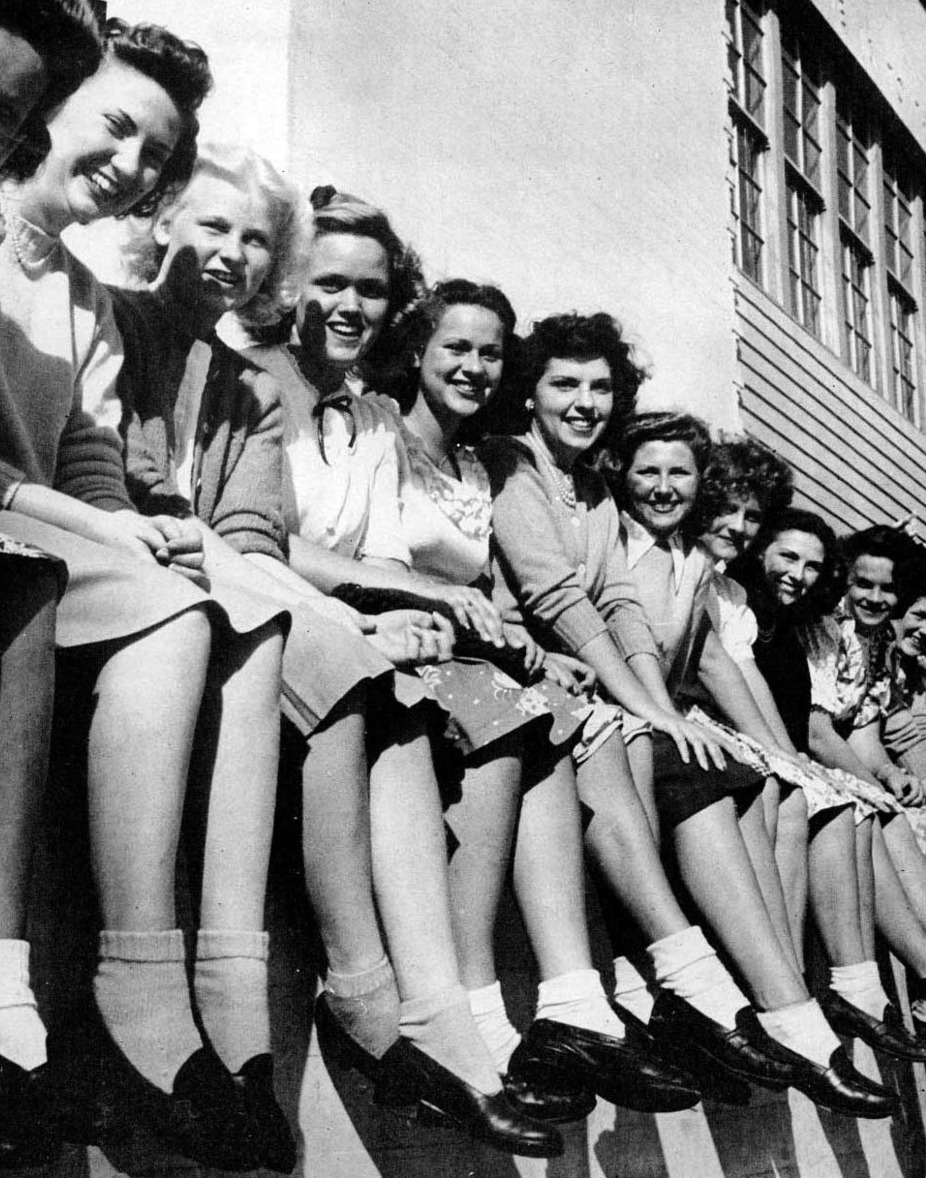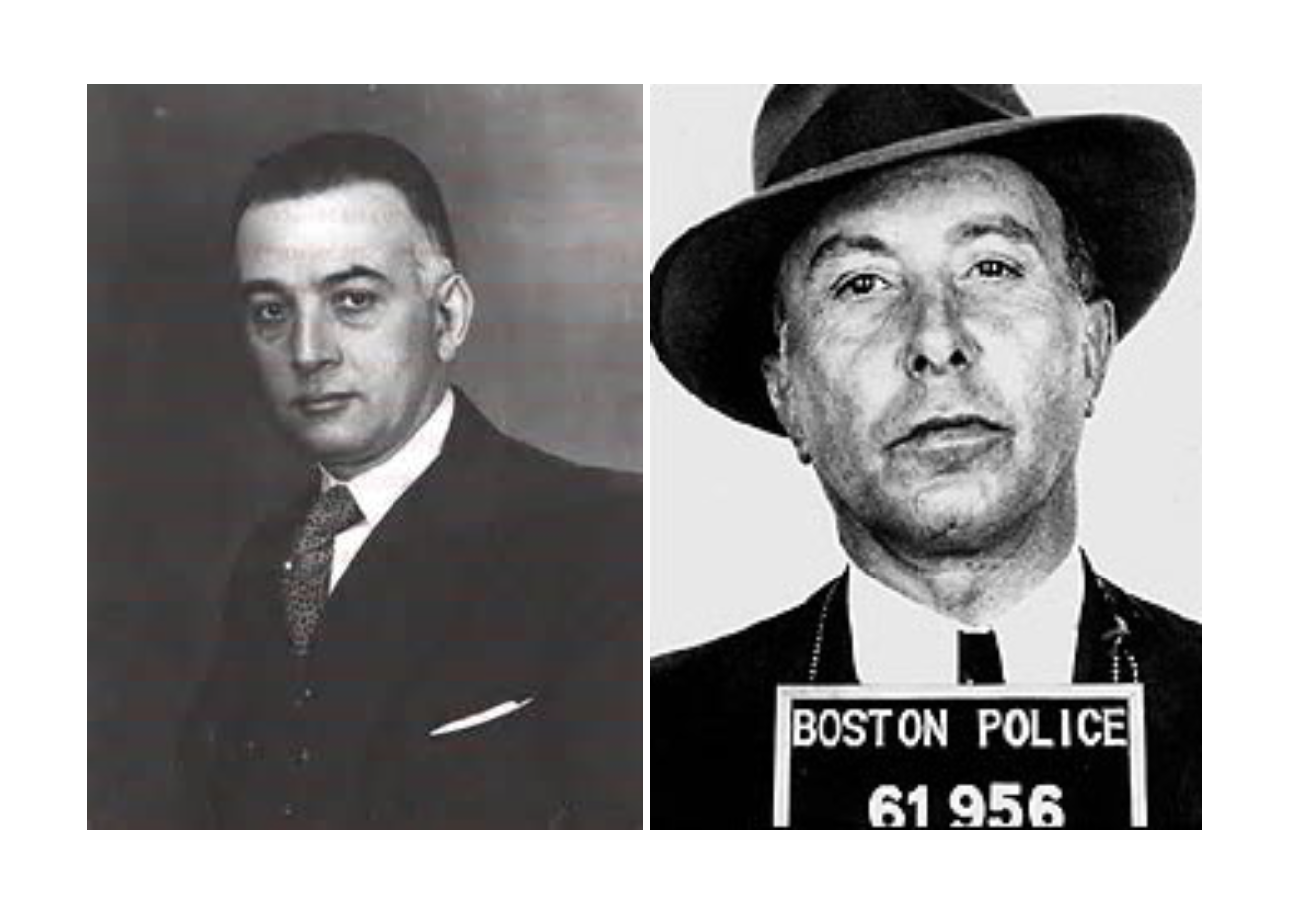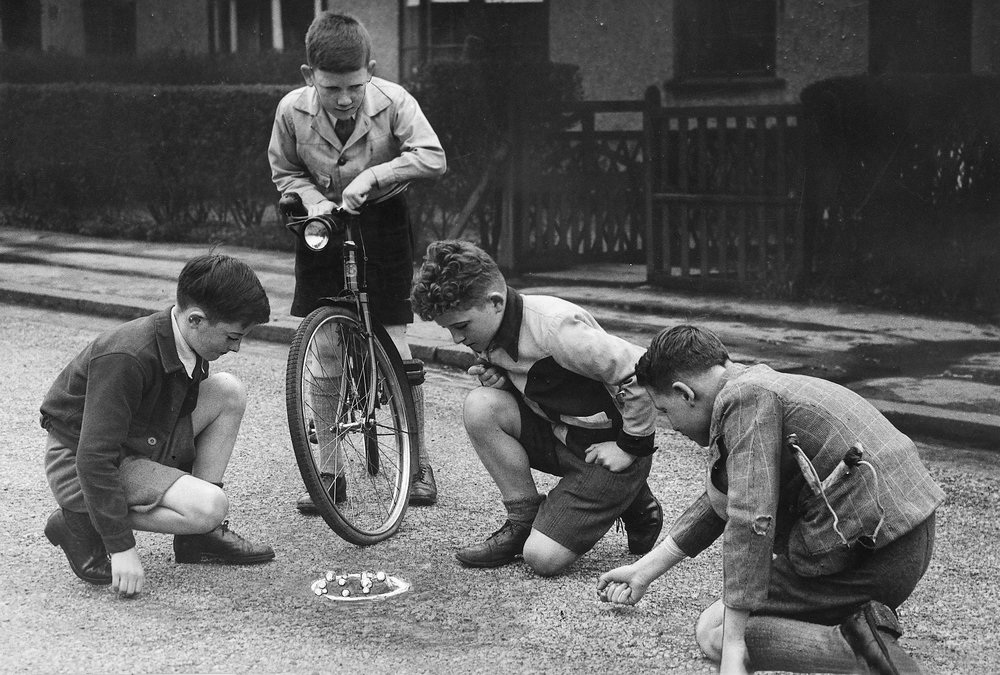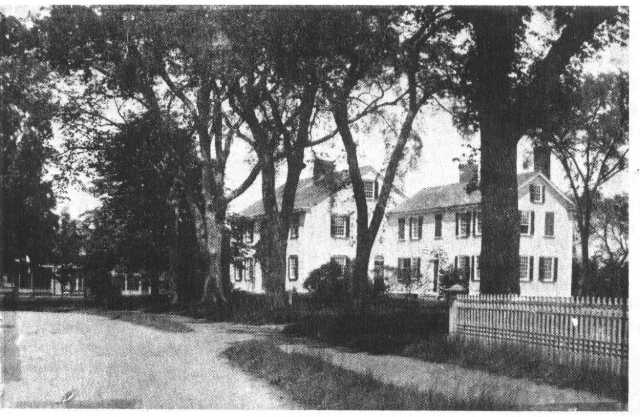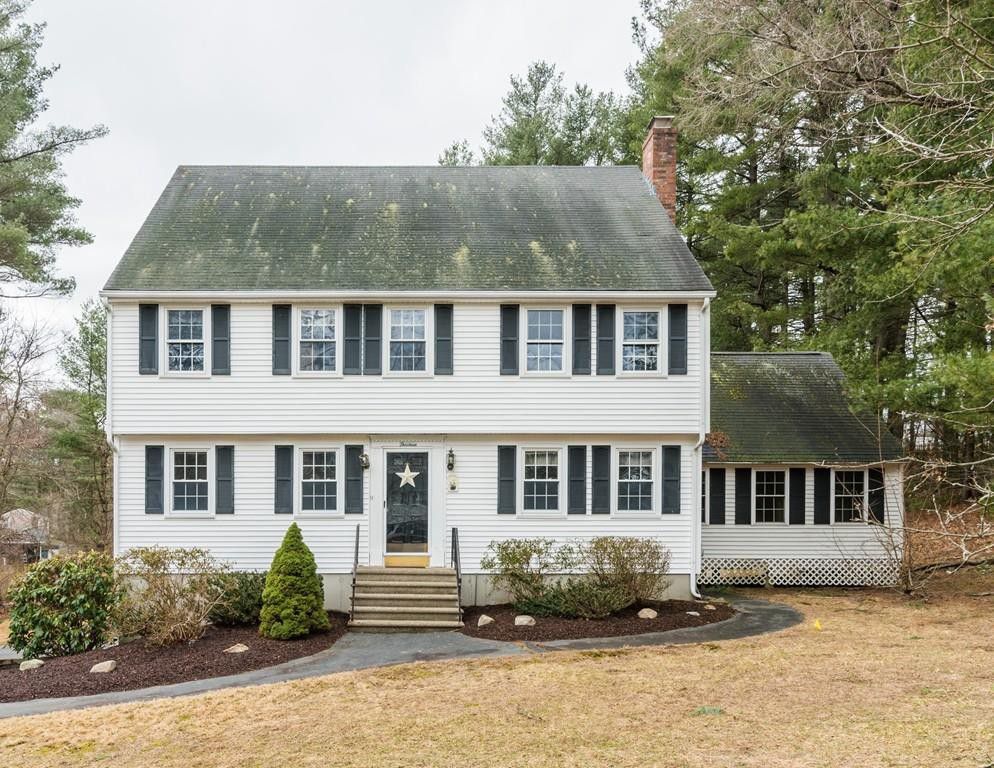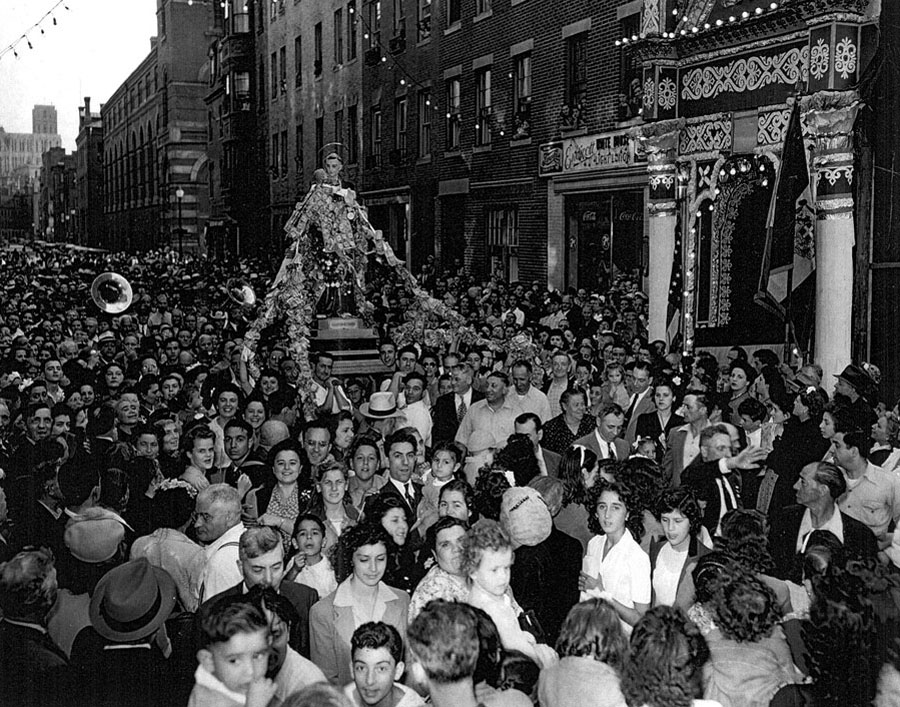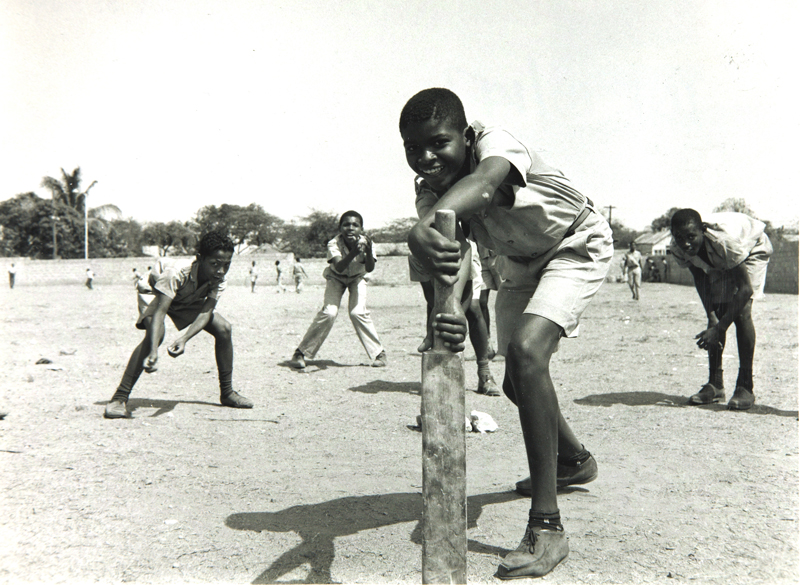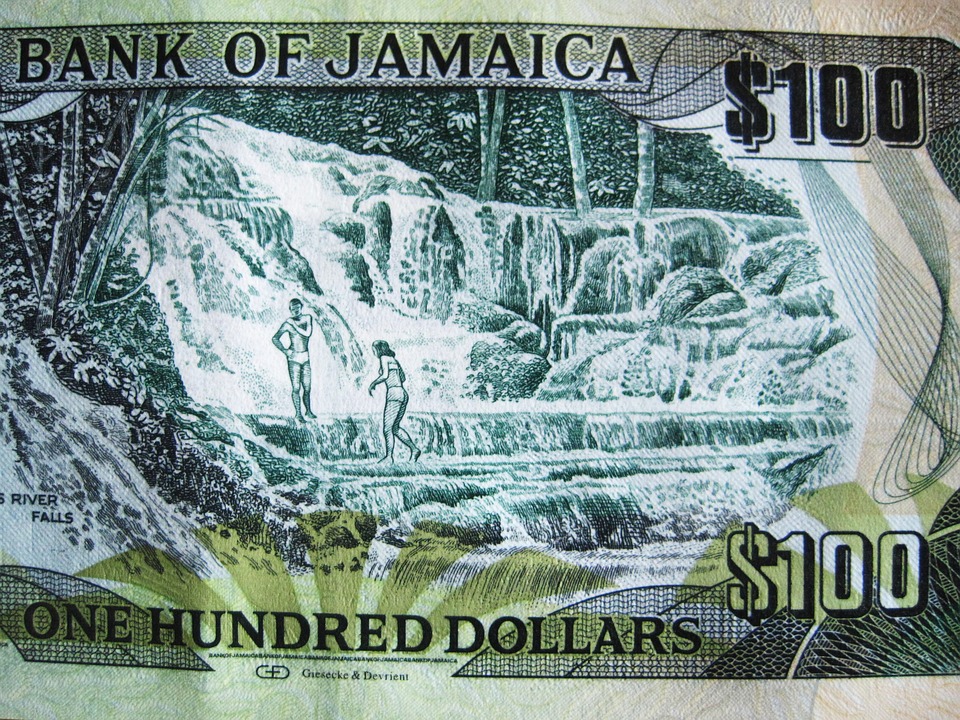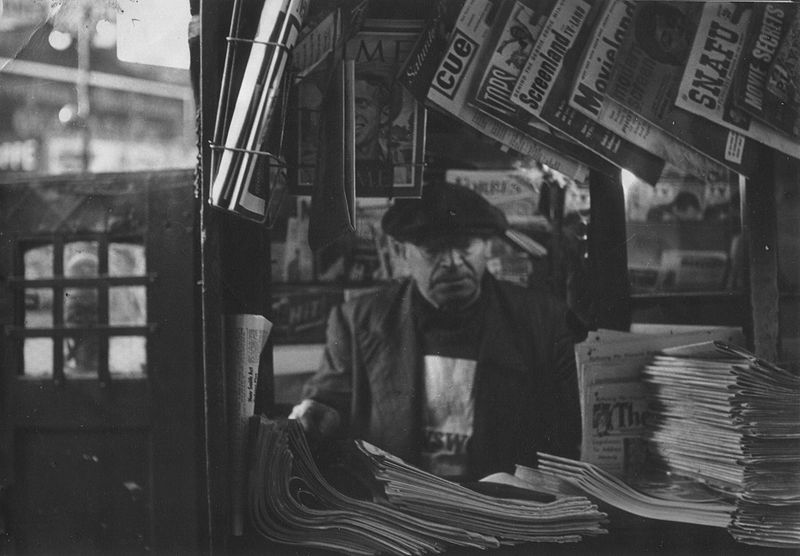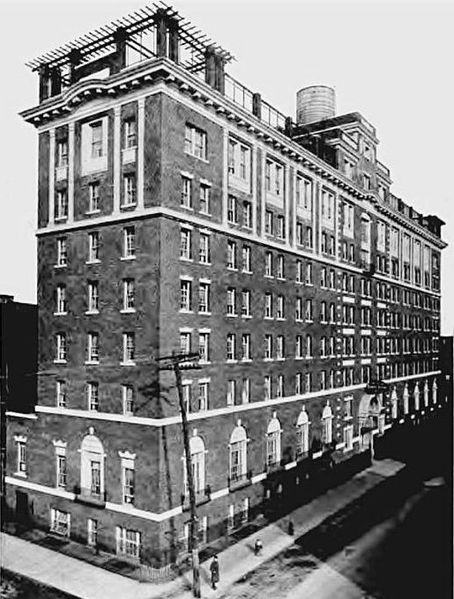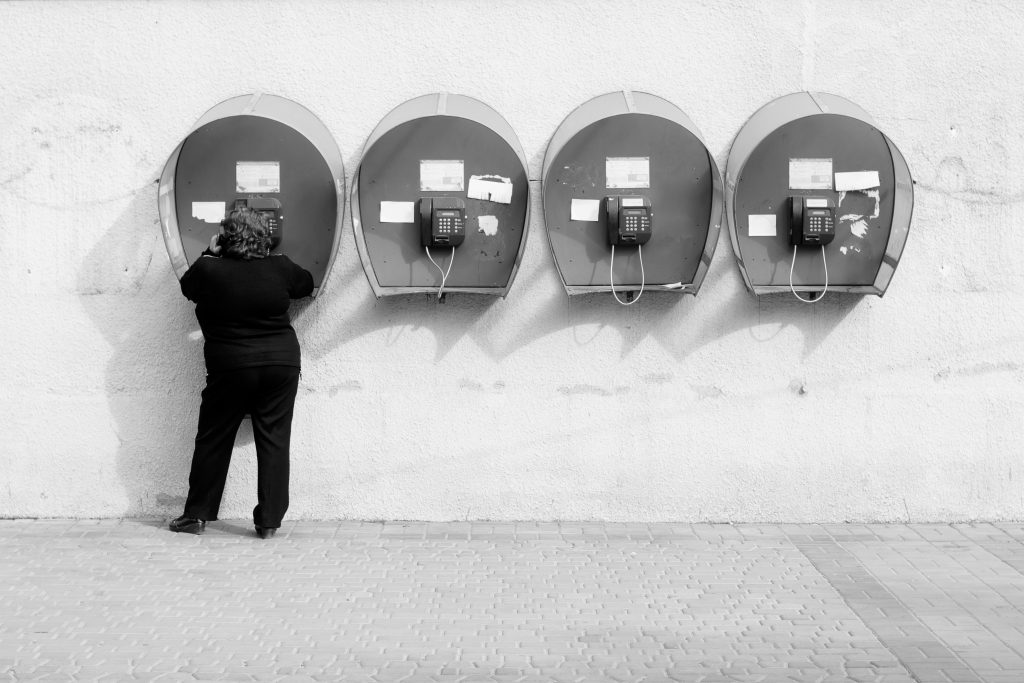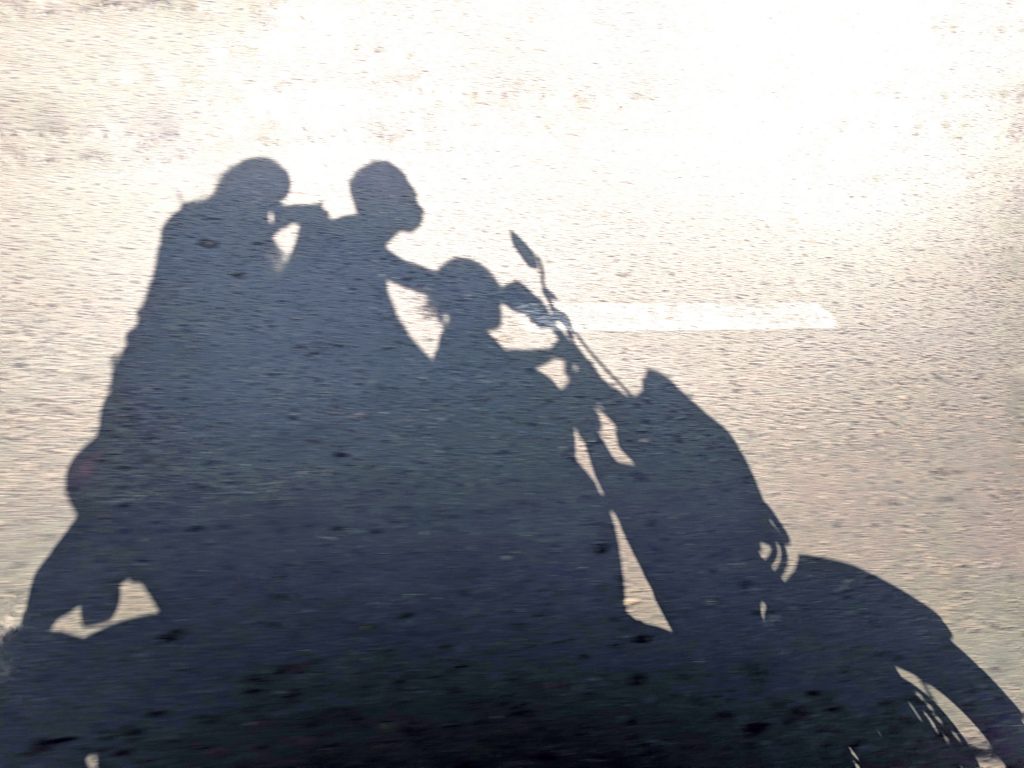Childhood Memories
The Bronx
I grew up in a neighborhood in the north Bronx that was across the street from a park. We lived across the street from a park, and we were very fortunate to live there because a lot of people lived in the city – building upon building. We also lived right near the Botanical Gardens. We used to go there, and my mom later worked there too.
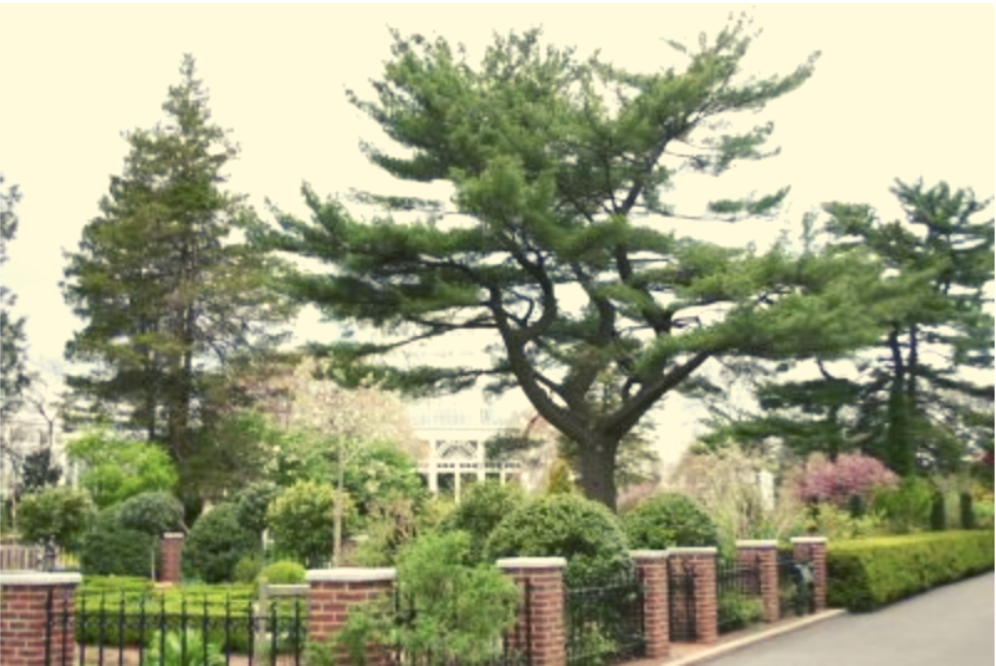
We used to run around the park, and play hide and seek, or we’d go up to the schoolyard and play there. But in our years, a lot of times we’d watch the boys play basketball. It was a very good neighborhood to grow up in. It was a mixture of Christian people, Jewish people, a lot of Italian people. It was a lot of fun.
Family
Up until probably two years old, my parents used to call me butterball ’cause I was round, and I had curls like Sydney does, and then I got thinner.
My aunt used to tell a story about when I slept over their house when my mother was in the hospital giving birth to my brother Barry. I was almost four years old then. I went into the room with my aunt and uncle, and they were in the bed. I said, “Are you two married?” So, they loved that, they thought it was so adorable. And I heard that story over and over and over again.
I didn’t get in a lot of trouble when I was young. I was pretty much a goody goody. But when I was bad, my father just gave me a look. He gave me that evil eye look and I knew: Do not do anything. You know? That’s how he was.
But, I really didn’t get in a lot of trouble. Maybe Barry, my brother sometimes, but even we got along pretty well. Unless he ate my Mallomars…
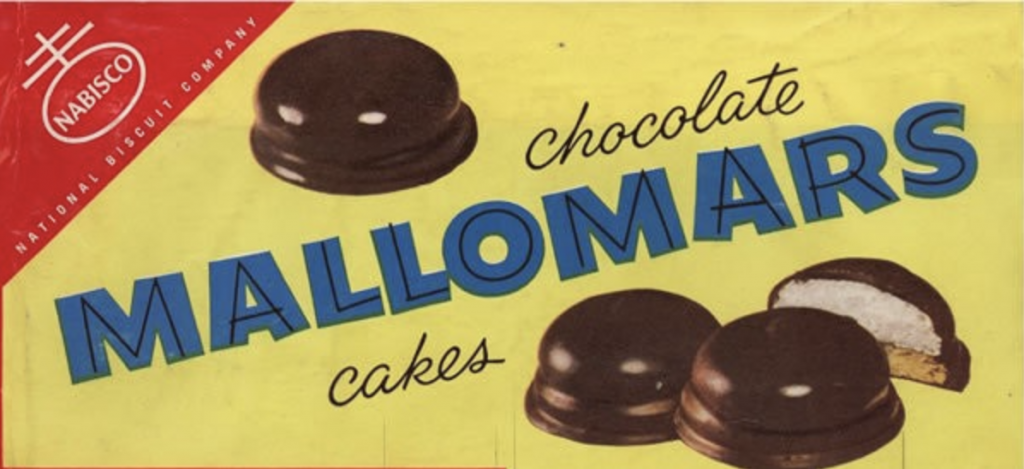
Image Source: aintitcool.com
An Accidental Stamp Collector
I don’t know if I really collected anything. For a while, I collected stamps because my uncle was in the import/export business. He would go to Japan and some other areas, and he’d bring me back stamps.
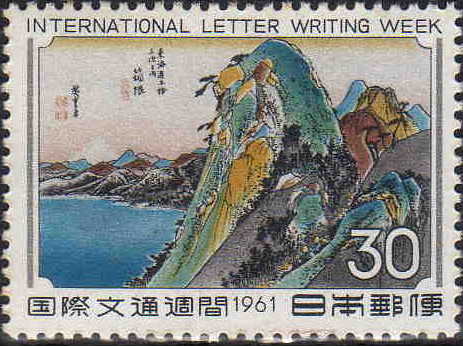
But it was just because they were brought to me. It wasn’t like I was going out of my way. My brother collected coins.
Mutt & Jeff
My childhood best friend was Ruth Glatterman. I met her in fifth grade. She was a new student, and she was very, very heavy. When she came in, I knew she felt awkward, and she sat next to me.
We really looked like the old cartoon, Mutt and Jeff. It’s about a tall string bean and a very heavy, young, short person, and they were best friends. Ruth and I were best friends for a long time, like through high school.
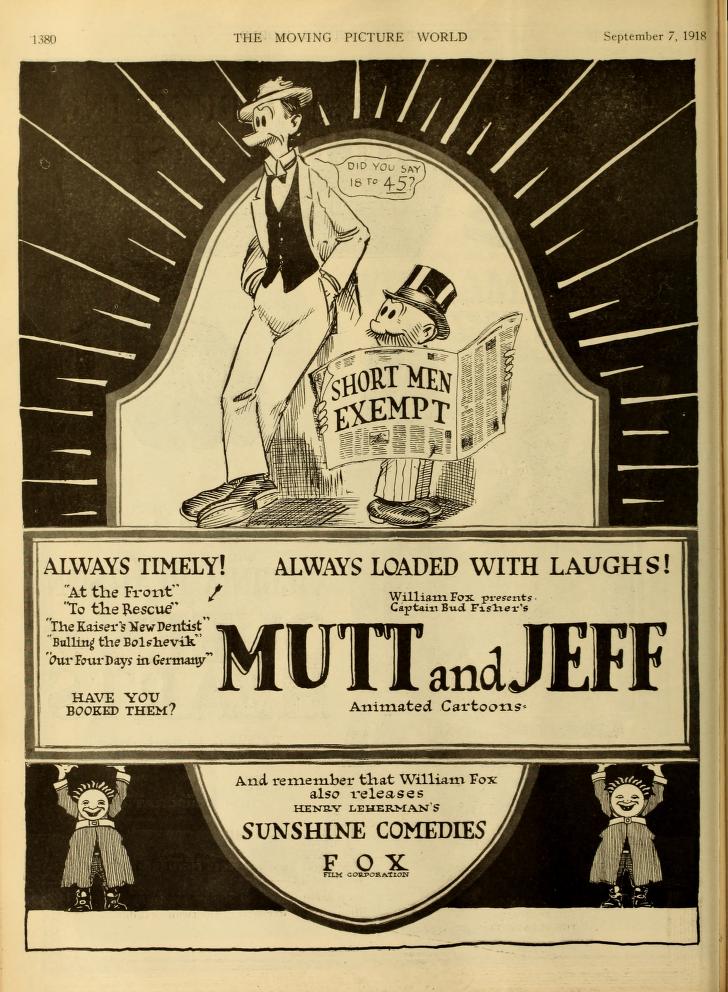
American Bandstand
There used to be a show called American Bandstand with Dick Clark. Every day at 4 o’clock, I’d come home, and I would dance with the doorknob. You’d come with your friends, but sometimes if I was alone, I would dance with the doorknob and listen to American Bandstand.
Video Source: YouCanDanceToit!
I heard music from Dion and the Belmonts, a lot of ’50’s music. But then, in the 60’s, later on, it was the Beach Boys and then the Beatles in high school. The Beatles were amazing, and the evolution of their music… I had never seen that before… that they could change – one group not doing the same things over and over again.
But my favorite music in college was Motown and the Temptations. I loved to dance, and I had a boyfriend who loved to dance too. This was before Dad.
Love & Marriage
Meeting Chuck
I met Dad because I dated his friend. We used to double date, so we knew each other. And then, I broke up with the guy. He broke up with the girl. Then, about a year later, I was living on my own in Riverdale. A mutual friend saw me at the Universal Church on 78th and Central Park West.
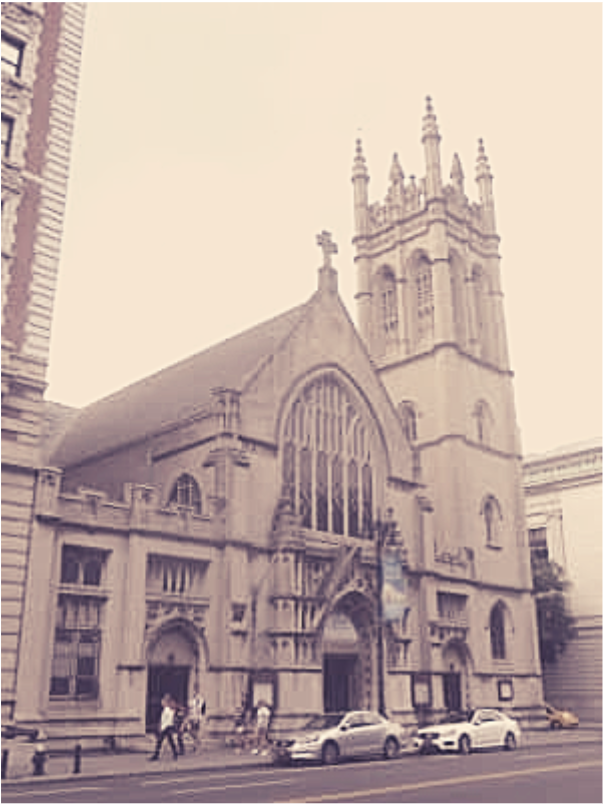
Instead of going to a bar, you’d have these group talks, like sensitivity talks and things. And, that’s how you would meet people. It was just a different way of doing it other than the bar, which I had done.
So, this guy, a mutual friend of ours, saw me and then he told dad, “Hey, Colleen’s there, so maybe you would like to go.” So he came later on.
I came out of a car, I saw him and I called him Jeff because they called him Jeff. But Dad didn’t recognize me! This was a year later. He says I changed a lot in that year.
So after that, it was very easy to go out with him because we knew each other. When Dad and I were dating we’d go to Stanley’s and, also Grunning’s Ice Cream, which is also not there anymore. But, it was very good ice cream.
Marriage
The secret to a successful relationship is patience. Patience, sense of humor, laughable moments you know?
Parenting
After you guys were born, we were very, very excited and happy – and tired!
A favorite story about Scott
We told Scott we were going to Atlanta, he was only four years old and he didn’t know what that meant, but he adjusted very well there. Then he came back, and in second grade he was afraid of going to a new school. He didn’t know who the teacher would be, and he said, “What is she gonna look like?” And I didn’t know either. Down the hall came Mrs. Debella. She was flowing, a tall willowy woman. I think he felt much better then. It was just fun to see him responding and being flexible like that. Being able to do that, it made it easier.
I always remember David being mischievous with Scott.
Living Through History
There were quite a lot of major historical things that I lived through. Not so much when I was a young kid, but you know, as the times were changing.
My first hero probably was John Glenn, the astronaut.
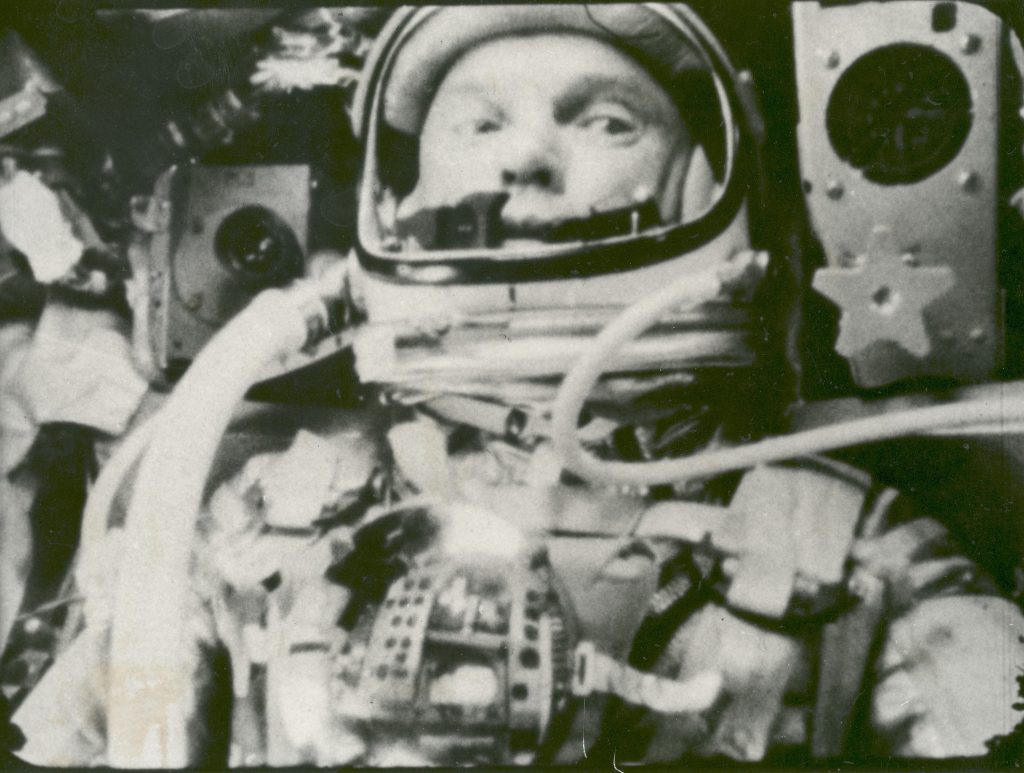
Image Source: Wikimedia Commons.
And I remember when Kennedy was shot.
Well, I wasn’t at home, I was in high school and one of the teachers came to my Economics teacher and whispered something in his ear, and all of a sudden the room was very quiet because you could see the expression on his face. And then, he came and told us what happened and we all were dismissed early, and we were crying.
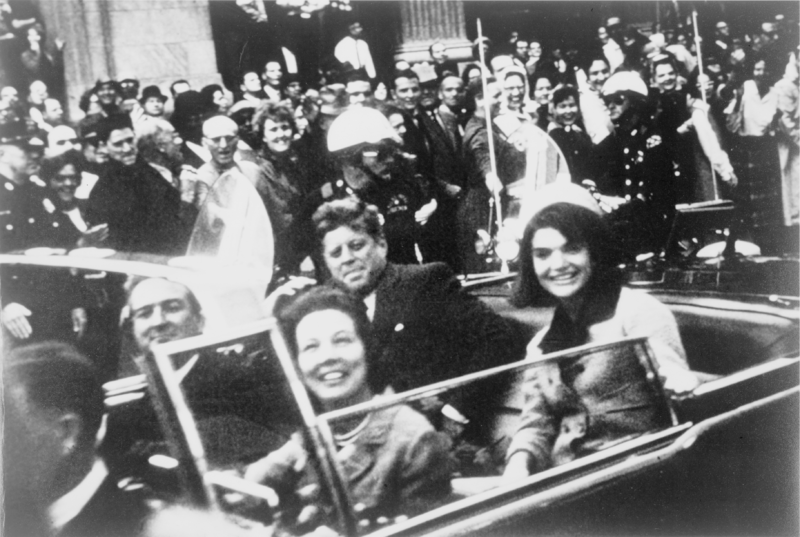
Then again, we had Martin Luther King. I was in college and there was a black club called the Kumbaya club, something like that. I went there and we went marching or walking with other black kids.
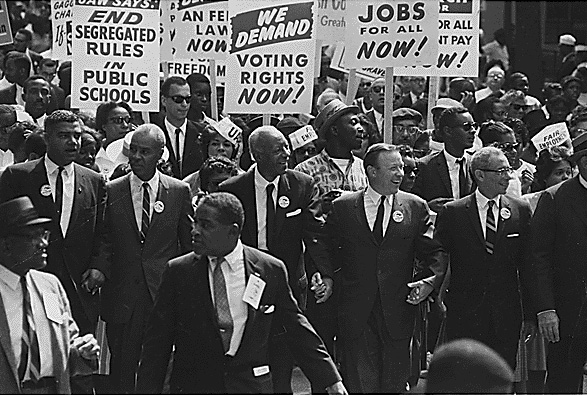
And then Robert F. Kennedy died. And so, it was all very, it was very surreal.

Image source: Wikimedia Commons
And, then, of course, the Vietnam War…
Some years later, it was a snow day in Atlanta when the shuttle blew up. I was with Scott – he was four years old…
The World Series Earthquake, 1989
I was on the phone with Dad. Scott and Dad were both watching the World Series in San Francisco, and then I got off the phone and Scott came in. He was about 10.
So he said, “Earthquake! Earthquake Mom, in San Francisco!” I said, “What are you talking about?”
And then they showed, unfortunately, scenes later on of the Bay Bridge breaking in half. And David, was running around saying, “What’s an earthquake? What’s an earthquake?” And then he saw the bridge, and he said, “Did Daddy fall off the bridge?”

It took me a few hours ’til Dad got through to me because at that point there were no cell phones.
Adventures
On Safari
The safari was the most interesting trip we had together. Dad had heard about the trip, but I’m so excited that I went and so glad that I went. I would’ve probably been fearful to go, but dad was saying that so many people he knew were going.
On the safari, you’re seeing the animals right next to you, and you don’t know if they’re going to come at you. Sometimes, elephants looked like they were going to charge.
The first time we saw a lion, we were in the Jeep at night, which was completely open. All we had were the headlights and suddenly we saw this lion on the road. He started walking right in front of us, and then I said, “That’s scary.”
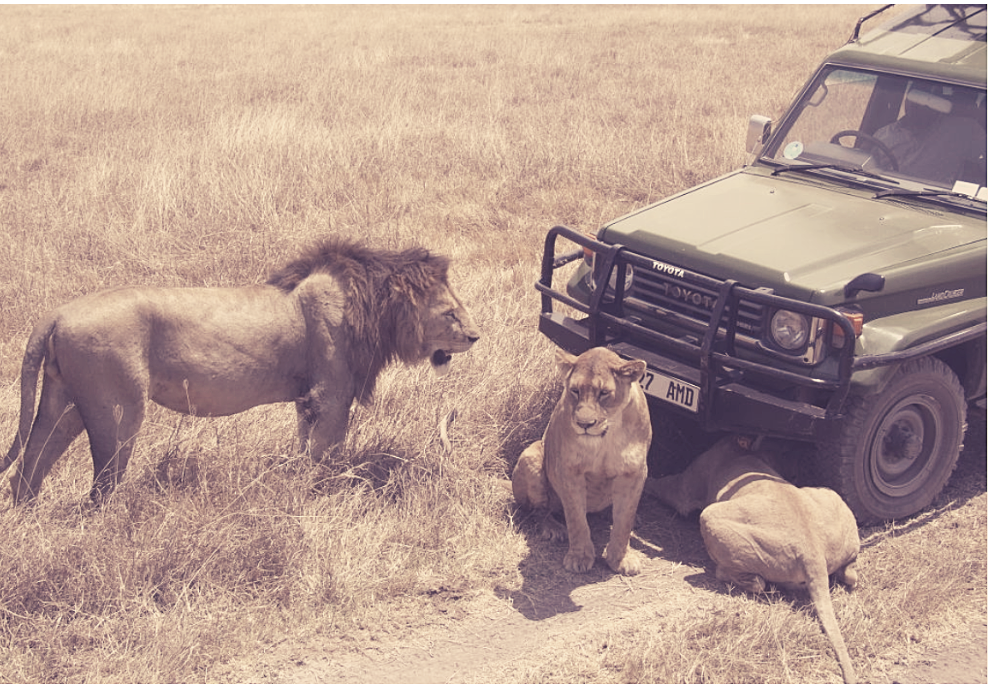
To us, it was a very luxurious safari. We would stop and have drinks at sunset. We were in this field at the end of the safari place, and all of a sudden it’s getting really dark. I see in the distance two shadows clawing up and down. I realized they were two rhinos, which are very dangerous animals.
So I said to the guide, “Should we be in the Jeep?” And he said, “No watch.” And he just scraped his foot like that. And, they heard it. They don’t have good eyesight, but they have good hearing, and they just parted ways and went opposite directions.
The Human Connection
Today’s younger generation is lucky to have the older generation.
I think they’re lucky in some ways to have certain advantages and technology, but, of course, it’s a double-edged sword.
Technology really inhibits people from speaking to each other on a leisurely phone call or seeing each other.
I know even myself… for a while, I wasn’t calling people, I was just texting. And, you feel out of touch with people, so I think it’s really important to keep in touch visually, physically and do it leisurely.




